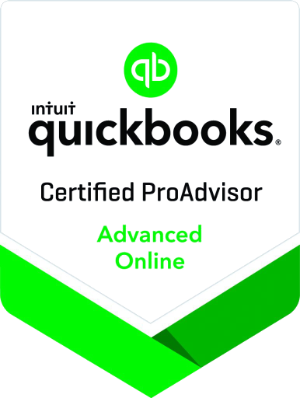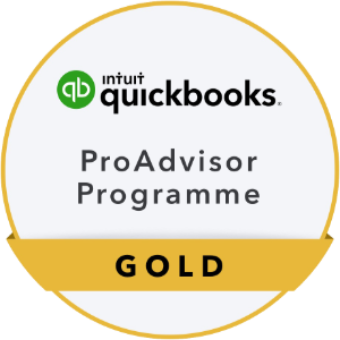2023. The start of a New Year. New Beginnings. And…changes to the Charities Act 2022.
To start as we mean to go on (organised and partially optimistic about the next 12 months), it’s important that all charity managers and trustees be aware of the first round of the changes to the Act and how they will affect your charity’s processes, procedures, and in some instances, areas of governance.
Arming you with further insight and all the resources and information you need at your fingertips, we’ve provided a round-up of these provisions, what they mean for your charity, and how you can make changes now to better prepare for the future.
Supporting you in building long-term sustainable plans, below you will find links to the changes within the Act and useful posts from our team relating to charity governance and structure.
Charities Act 2022
The Charities Act’s role is to support charity managers and trustees by providing guidance on processes and procedures to support the overall running of charities, enabling you to continue making a positive and practical difference to those you serve.
The rationale behind the changes is to update the Act following feedback from charities, continuous development and progression, and as a result of the Act gaining Royal Assent earlier in 2022 (with changes positively reflecting the Department for Culture, Media, and Sport).
Changes now in force
The below changes came into effect on 31st October 2022:
Charities now have the autonomy to purchase and pay for goods (in addition to services) from their trustees.
This is a big, big change for charities. Previously, charities had lawful powers to pay trustees (in certain circumstances) for services they provided (beyond the typical trustee duties) or goods related to that service.
However, change is afoot, bringing more freedom and flexibility in how you work with your trustees.
Now, you can work with trustees and pay them for:
- Providing services only
And now
- Goods only.
Note: We must be mindful that this change is still only applicable under certain circumstances, and managing conflicts of interest as well as knowing the roles and responsibilities of Trustees is still vital.
Potential changes to implement: Now you can save time and resources by working with your Trustees to deliver services and goods that support the charity effectively. Take time to amend notices to trustees, as well as documents and policies surrounding the supply of goods and services and the roles and responsibilities of trustees.
Time and resources spent on fundraising appeal to reduce.
The administrative complexities, high level of understanding, and paperwork surrounding fundraising appeals take up a considerable amount of a charity manager’s time and energy…but not anymore.
We understand there are occasions where you may not meet your fundraising target, you might exceed the target and have funds left over, or situations change, and now you’re no longer able to use donations as originally intended.
The good news is that the changes to fundraising appeals will reduce all of these complexities and simplify the process.
Now:
- You no longer have to wait for donor refund requests (in the past six months was the legal time frame).
- There is a more straightforward process for gaining authority from the Commission.
- If donations are less than £1,000 and you could spend these on a new purpose, Trustees now have the power/responsibility to reassign this funding without the Commission’s involvement.
Potential changes to implement: Update your fundraising appeals policy to align with new changes and develop a new procedure, so all charity managers and trustees know your charity’s protocol for fundraising appeals.
Other provisions to the Act to be aware of:
- The Commission’s powers relating to scheme-making now include the ability to make schemes for charitable companies. This change allows charities to amend objects and purposes that may have become outdated, much easier.
- Power to grant trust corporation status to future and existing corporate charities (automatically) – make sure to check out our post on Legal Structures and which one is right for you.
- A lighter touch parliamentary process and changes to providing public notice when making changes to governing documents.
These provisions give charities greater flexibility and power to manage day-to-day business operations, administration, charity purpose, and more. However, they must be managed within the realms of the guidance and your governance documents.
Changes to the Act expected throughout 2023
Some of the main changes we can expect to see throughout spring and autumn 2023 include:
- A greater flexibility/freedom to make use of endowments (permanent).
- Changes to how charities lease, transfer, or sell land.
- Provisions to Charity names (sections 25-28)
- Changes to the powers surrounding the appointment of Trustees (section 29)
- And more.
The Charity Commission will review all changes continually, with full and robust reviews scheduled for 3-5 years.
The team at Beyond Profit will also continue to be on hand to provide regular updates on these changes as they come into effect and what they mean for charity managers and trustees going forward.
With a new year fast approaching, amending practices now and implementing any changes that will affect you allows you to stay ahead, remain flexible, and remain successful.
On hand to support small and medium-sized charities with governance and accounting practices, our team is experienced, knowledgeable, and above all, friendly. Acting as an extension of your team, we’re here to support you with your existing guidance or if you require help producing and implementing new guidance and governing documents.
For further information book a discovery call with our team today.






